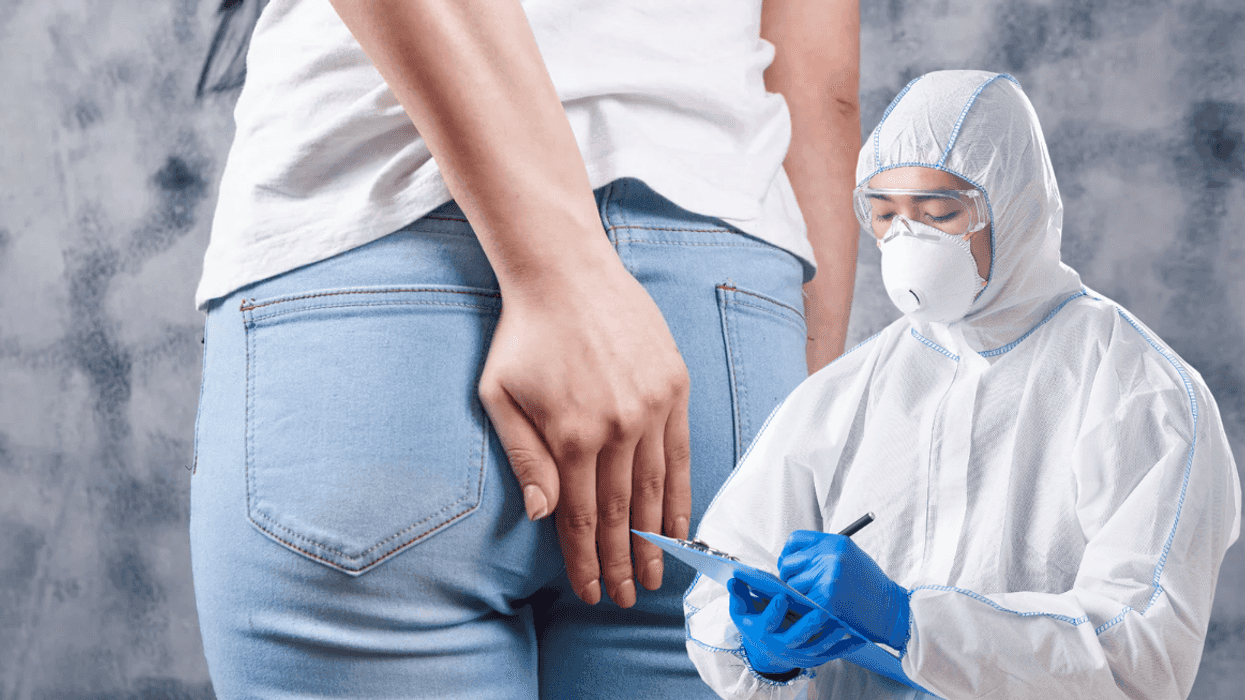It’s been a long, difficult year for race relations and the fight for equality in the United States. Whether it’s tragic acts of violence in cities like Ferguson, Missouri and Charleston, South Carolina, or the ongoing debate over the Confederate flag, we find ourselves not only confronting how best to address racism currently in our midst, but how to prevent it from perpetuating in the future, as well. These are complicated problems, and ones for which there aren’t, and may never be, easy solutions. But, that doesn’t mean there aren’t simple gestures which can, in their own small ways, help move us toward becoming a more accepting society as a whole.
In “Some Evidence for the Nonverbal Contagion of Racial Bias,” published this month in Organizational Behavior and Human Decision Processes, researchers from the University of California-Berkeley describe how small acts like smiling, holding a gaze, or simply standing close to someone of a different race can have an overall positive effect on third party observers. A press release from UC-Berkeley’s Haas School of Business explains:
New research finds observing a white American engage in small nonverbal acts such as smiling more often, making eye contact for longer periods of time, and standing in closer proximity to a black American makes the observer less prone to racial biases. Specifically, small acts of positivity by white Americans towards African Americans and other black Americans causes observers to hold fewer stereotypes about black Americans and to have more positive attitudes towards black Americans in general.
Medical Daily points out that there are some troubling implications regarding a “white brand of approval” which one could pull from the study’s conclusions. Researcher Dana R. Carney, however, is more optimistic, indicating that while this study focused specifically on white attitudes and prejudices toward African Americans, the underlying principal may hold true across the board. She writes: “Prejudice is often less overt. It manifests often as micro acts of aggression. What is hopeful is that our study also indicates that positive behavior toward different social groups can be contagious.”
The study itself consisted of four related experiments. In them, researchers had their subjects watch videos featuring whites displaying either positive or negative non-verbal micro-behaviors, such as more or less smiling, toward African Americans. After watching these subtle interactions, the scientists noted that:
1. Observers of micro-positive behavior toward a black American subject formed more positive impressions.
2. Observers of micro-positive behavior toward a black American subject adopted fewer racial stereotypes.
3. Observers of micro-positive behavior toward a black American subject were found to have less racial bias towards black Americans in general.
4. Observers must also be aware that negative social behavior is being directed toward a black person in order to produce a pro-black bias outcome.
Put another way: By modeling “micro-positive” behavior, we can, in a small way, help inspire others to do the same. And while that’s barely a drop in the ocean as far as addressing the very real, very deep racial issues affecting our communities today, it’s still a pretty good place to start.
[via medical daily]
















 Otis knew before they did.
Otis knew before they did.